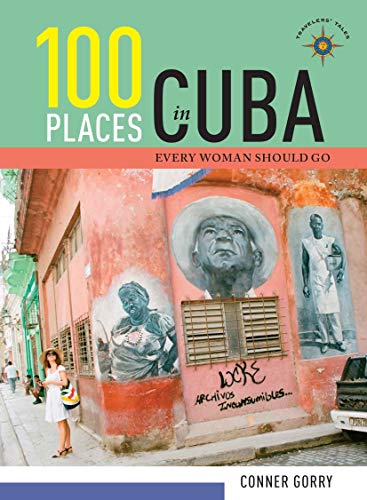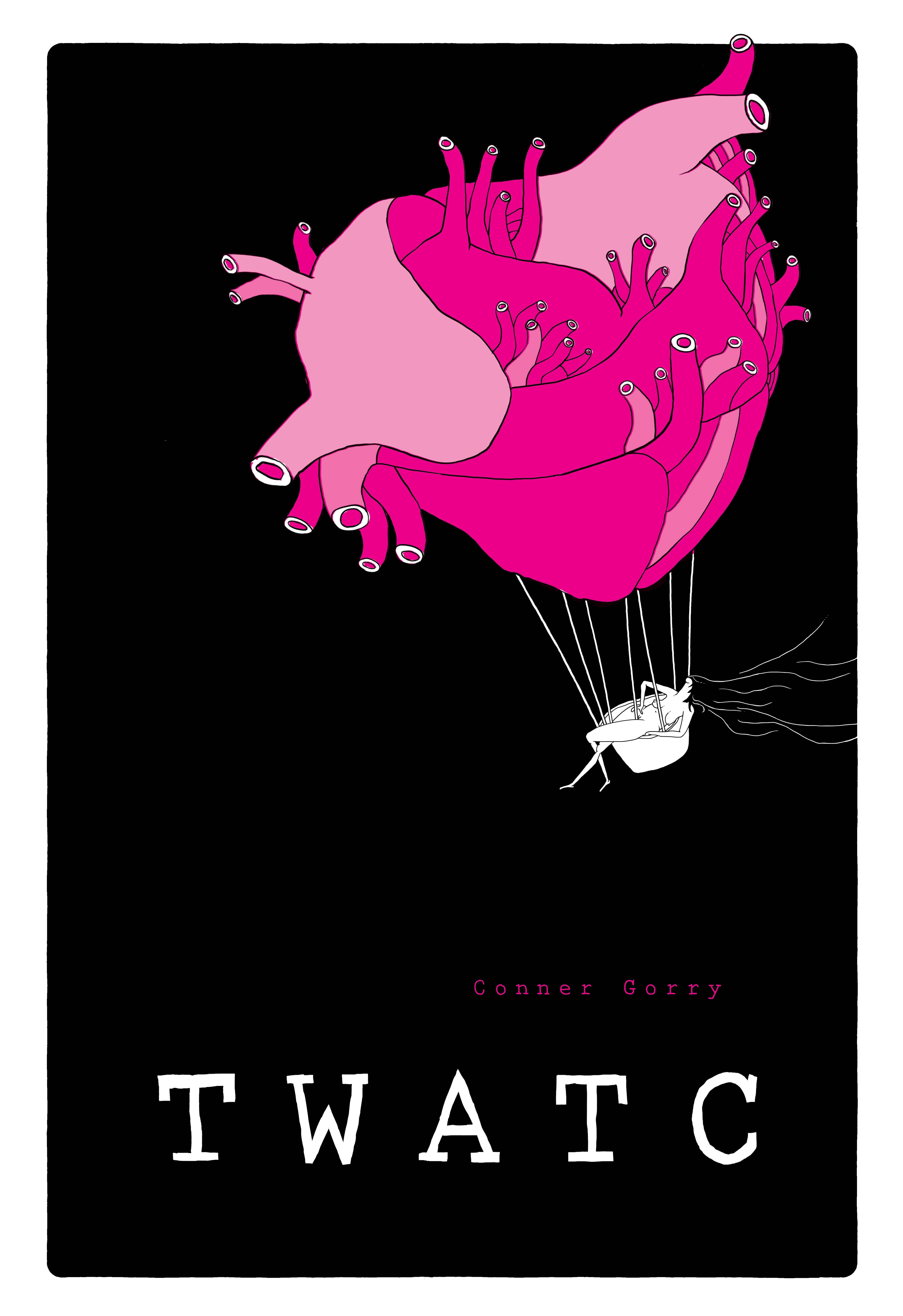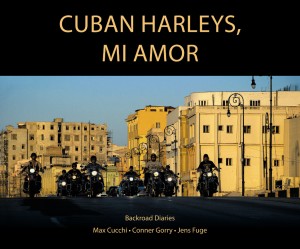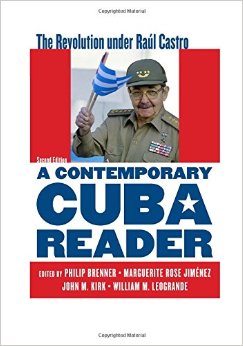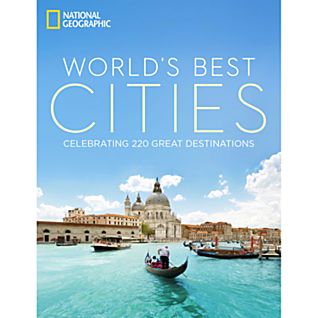[tweetmeme source=”connergo” only_single=false]
That spontaneous little tent camp that abutted ours? They razed it the other day to make way for the new Ministry of Public Health. So they say. Regardless of what’s constructed in the bulldozed plot, I don´t know what the families who were surviving there will do, or where they´ll go. For now, they´re squeezed into a narrow strip of no-man´s-land where chickens wade in standing water picking at garbage and bulldozers mound detritus closer and closer to their makeshift kitchen.
It has been raining all night. “How did you sleep?” I ask my neighbor, a doctor from Guantánamo who has been serving in Haiti a year already and treats her patients in capable Creole. “OK, but I wake up tired.” This is common: sleep is elusive, especially when it’s raining. With each drop you think of a different person – the malnourished four month-old; the young girl caring for her three smaller siblings; and the 12-year old boy who is now the head of his household, made fast a man by the earthquake. No matter how much good the world is doing Haiti, regardless of the size and sincerity of the tender outpouring, no one can control today and tomorrow and the next day’s most pressing problem: the rain. Perhaps more than any other place on earth, in Haiti March 2010, you don’t need a weatherman to know which way the wind blows.
Outside the gate of the Cuban camp, that wind is laced with an acrid smoke from all the burning garbage. Mixed with the dust, it makes a toxic cocktail. There are people living in cars of course and tents pitched in the middle of rubble-edged streets. Even folks whose homes are intact prefer to sleep in tents in the driveway or family courtyard. The earthquake is too fresh in their minds, the 6.1 aftershock fresher still. Signs on the outside of partially crushed homes read: ´Help us! We need water and food´ in three (or more) languages.
You´ve seen the destruction already, repeatedly, on one of your 150 channels. But living among it, with the dust and dirt filling your eyes and nose and mouth is something else entirely. Flies swarm over garbage, shit, and people. Four-story buildings are flattened like millefeuille pastries with chunks of concrete-encrusted rebar dangling from skewed balconies like Christmas lights or strings of rock candy. Thinking about what lies beneath isn’t advised. People are starving literally to death, yet there are mounds of food for sale everywhere: fried chicken, grilled hotdogs and corn on the cob, fresh fruits, vegetables, bread, and rice.
Inside the camps, conditions are not fit for cattle, truly. But the children. Smiling and laughing and dancing in spite of it all. They’re adorable and wide eyed and play alongside garbage heaps shouting ‘ blan! blan!’ (whitey! whitey!) with affection when I walk by. I joke with them, flashing the peace and thumbs up sign and dancing to music only I (and maybe they) can hear. It’s my only way to communicate beyond my high school French. More often than not, they’re barefoot and bare bottomed. It’s heartbreaking. I make them smile, just for now, but Patch Adams I am not.
Back within the walls of our encampment, vendors set up shop, peddling boots, golden-colored watches and fine shirts encased in plastic. They´ve got the Cubans´ number. The sneakers are name brand and spotless, though many are used – or to be precise, no longer of use to their owners who are dead. Some lovely pharmacists who arrived with me just over a week ago are already approaching their 30 kilo baggage allowance, having shopped within our walls to the limit permitted under their contract as part of the Cuban emergency medical team. Meanwhile, Wilfred, a Haitian who worked at the Military Hospital before the quake, runs a commissary where we buy sort of cold Cokes and Colt 45. Prestige, the Haitian beer, is in high demand and runs out fast. One friend, who has been in Haiti for more than two years, takes a long pull on his beer and tells me: “best to stay anaesthetized.” If only.
And I thought Cuba was surreal.

